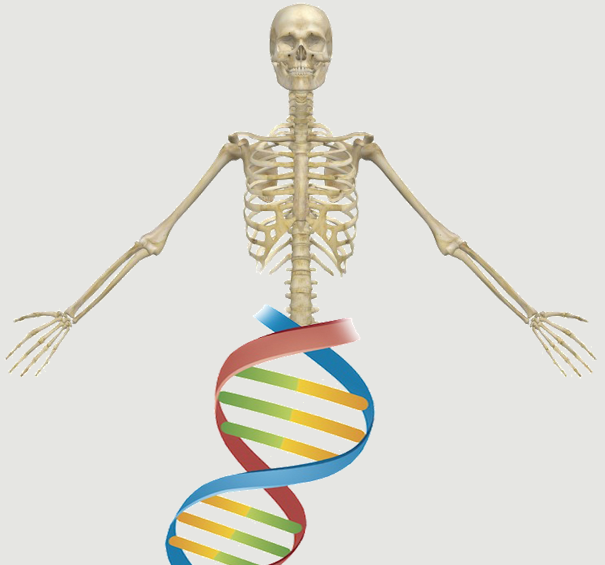Abstract:
Stimuli responsive or "smart" hydrogels are of interest for tissue-engineering applications, featuring the advantages of minimally invasive application. Currently, these materials have yet to be used as a biological replacement in restoring the function of damaged tissues or organs. The aim of this study was to demonstrate the advantages of thermoresponsive, peptide-containing hydrogels as a supportive matrix for genetically engineered stem cells. We used injectable hydrogels, enabling cell delivery to the desired site and providing adequate scaffolding postimplantation. Thermoresponsive hydrogels were developed based on amphiphilic block copolymers of polyethylene-oxide and polypropylene-oxide end-capped with methacrylate or maleimide entities and further reacted with RGD-containing peptides. Cell metabolic activity and survival within those hydrogels was studied, illustrating that the stable peptide-polymer conjugate is required for prolonged cell support. The unique polymer characteristics, combined with its enhanced cell interactions, suggest the potential use of these biomaterials in various tissue engineering applications.
Notes:
Garty, Shai Kimelman-Bleich, Nadav Hayouka, Zvi Cohn, Daniel Friedler, Assaf Pelled, Gadi Gazit, Dan eng R01AR056694/AR/NIAMS NIH HHS/ Research Support, N.I.H., Extramural Research Support, Non-U.S. Gov't Research Support, U.S. Gov't, Non-P.H.S. 2010/05/14 06:00 Biomacromolecules. 2010 Jun 14;11(6):1516-26. doi: 10.1021/bm100157s.
Website

